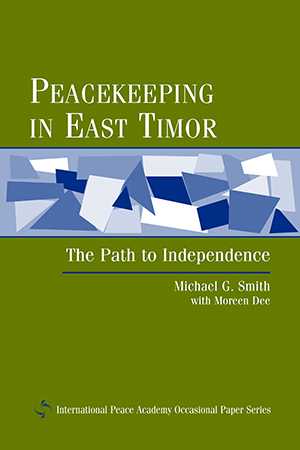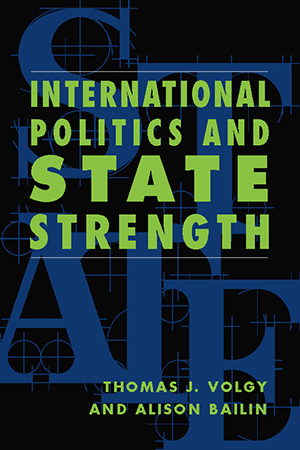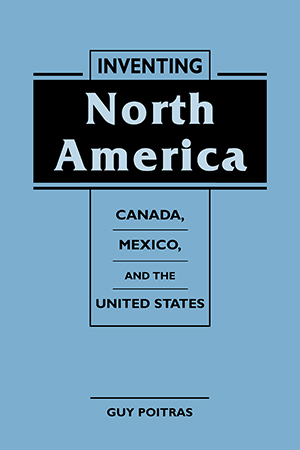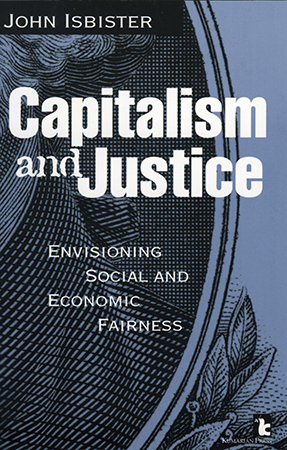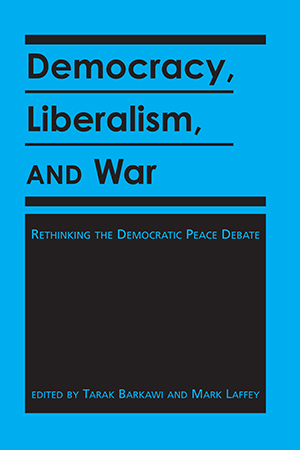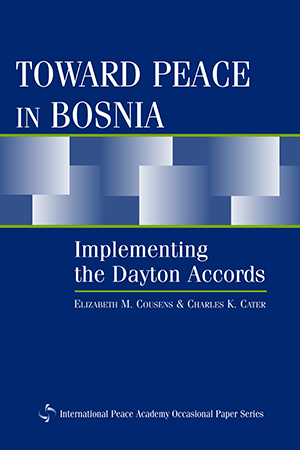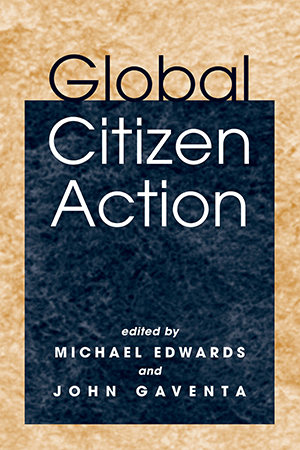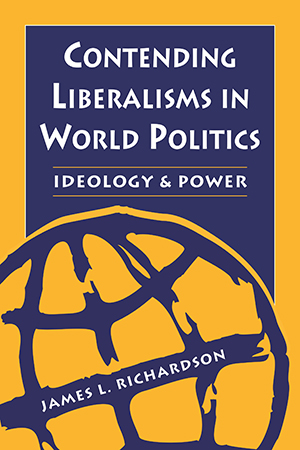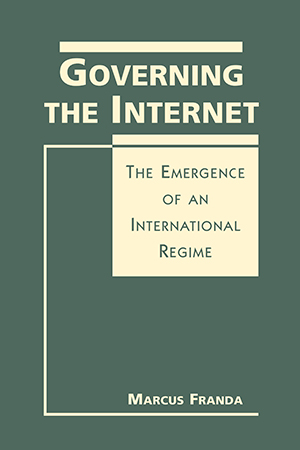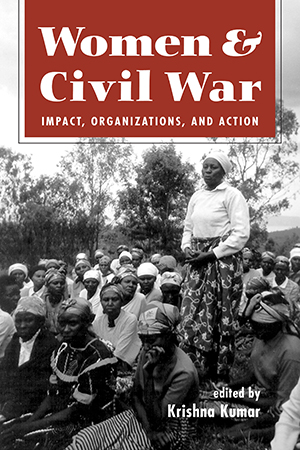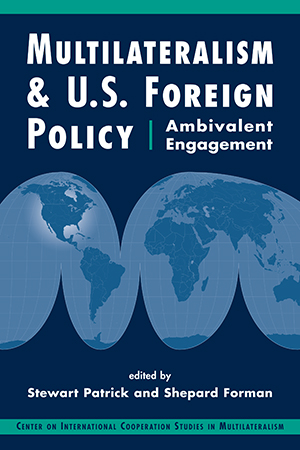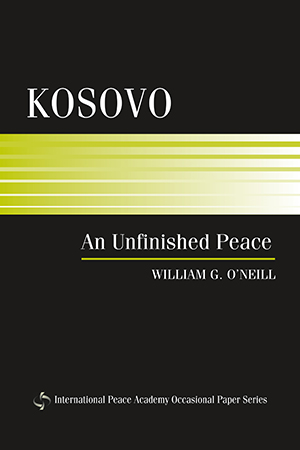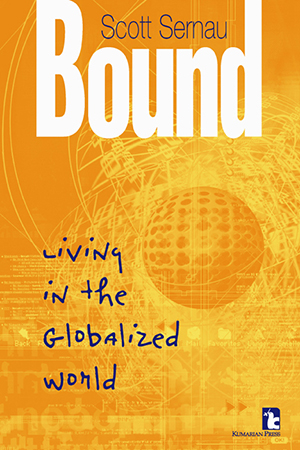International Relations (all books)
The UN intervention in East Timor amply illustrates the type of complex operation that the United Nations increasingly is being asked to undertake. Michael Smith analyzes the successes and More >
Although it has been more than a decade since the Cold War global structure collapsed, neither scholars nor policymakers have clearly identified its replacement. What is the new world order, More >
In the face of potent domestic and global forces, the U.S., Canada, and Mexico—the NA-3—have devised an enterprise that promises to draw them closer together in the twenty-first More >
In Capitalism and Justice, John Isbister takes a practical approach to some of the most important questions of economic and social justice in the context of the global economy: How big a More >
A central point of controversy among both academics and policymakers is the nature and significance of security in the post–Cold War world. Engaging that discussion, this original More >
The connection between liberalism and peace—and the reason why democratic countries appear not to go to war with each other—has become a dominant theme in international relations More >
When the Dayton peace agreement was signed in 1995, there were expectations among the signatories, the Bosnian population, and the international community alike that the pact would not only More >
Thoroughly examining the deliberations over NATO enlargement in twelve countries—five current members of the alliance; three invited to join in the first round of enlargement; two More >
Less than ten years ago, there was little talk of civil society in the corridors of power. But now, the walls reverberate to the sound of global citizen action—and difficult questions More >
This wide-ranging critique of current endeavors to construct a world order based on neoliberal ideology comes not from a standpoint opposed to liberalism, but from within liberalism More >
Governing the Internet explores the many complex issues and challenges that confront governments, technocrats, business people, and others as they try to create and implement rules for a More >
Women typically do not remain passive spectators during a war, nor are they always its innocent victims; instead, they frequently take on new roles and responsibilities, participating in More >
When should the United States cooperate with others in confronting global problems? Why is the U.S. often ambivalent about multilateral cooperation? What are the costs of acting alone? These More >
Despite the deployment of NATO forces in Kosovo and the UN's direct involvement in governing the province, such terrors as murder, disappearances, bombings, and arson have become routine More >
In his accessible, straightforward introduction to one of the key issues of our time, Scott Sernau explores the trends and practices have brought us to this new global century and then More >


